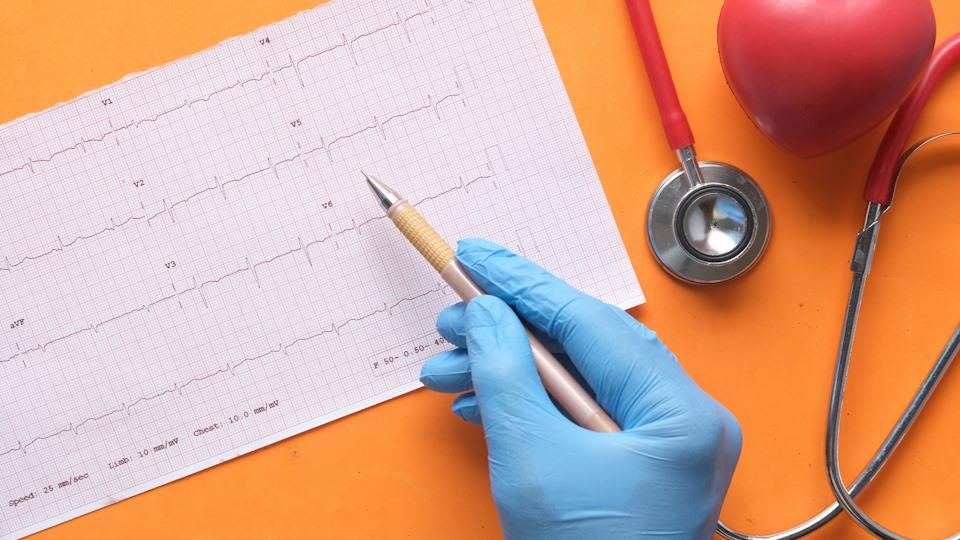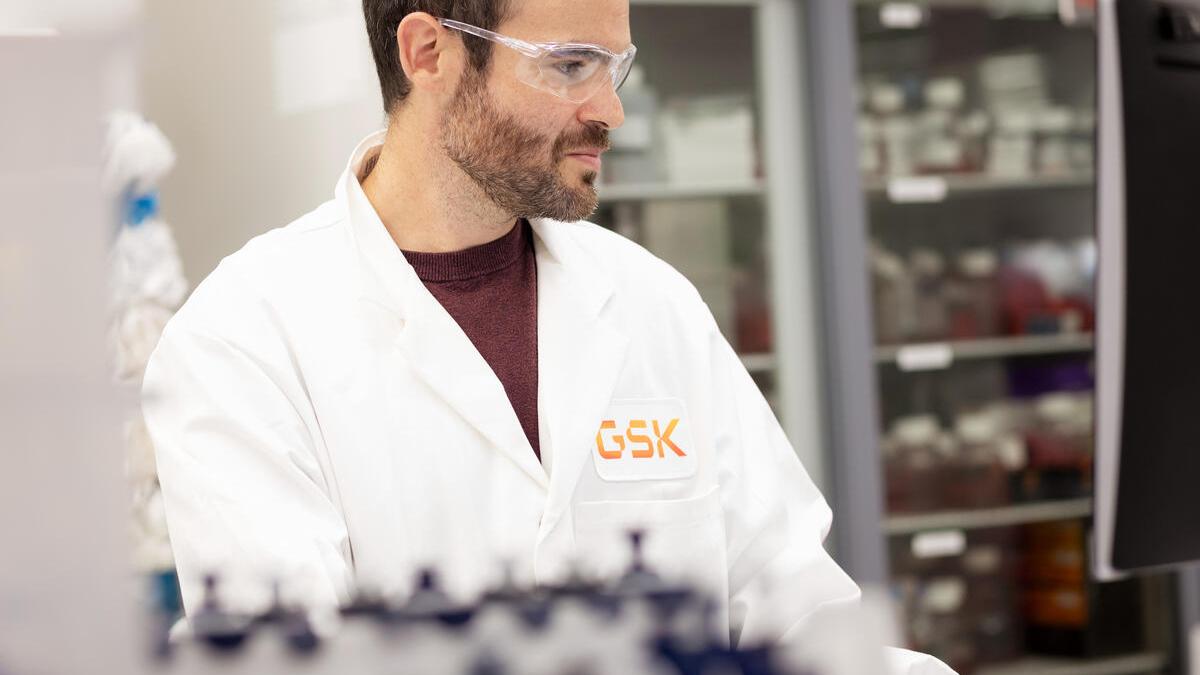FDA fast-tracks AskBio’s heart failure gene therapy

A gene therapy for heart failure being developed by Bayer’s AskBio unit has been granted fast-track status by the FDA, shortly after it showed preliminary signs of efficacy in a phase 1 trial.
The designation is for AB-1002 (also known as NAN-101) as a one-shot therapy for adults with non-ischemic cardiomyopathy and New York Heart Association (NYHA) class III heart failure symptoms, which is being put to the test in the phase 2 GenePHIT trial.
The adeno-associated virus (AAV) based therapy delivers a gene coding for a therapeutic protein, known as inhibitor-1 or I-1, which blocks the activity of protein phosphatase 1 (PP1), an enzyme thought to play a role in the development of heart failure.
PP1 levels are known to be increased in the failing heart and seem to be involved in depressed cardiac function and the development of cardiomyopathy.
Fast-track status is reserved for new drugs and vaccines that aim to treat or prevent serious conditions, for which there are few or no alternative therapies, and can speed up their development and review, getting them to patients more quickly.
AskBio’s chief medical officer, Canwen Jiang, said the designation is “an important accomplishment for the clinical development of this programme and highlights [its] goal of bringing potentially effective treatments to patients with advanced congestive heart failure.”
GenePHIT got underway earlier this year and is still at the stage of patient enrolment, with a target size of 90 to 150 male and female subjects, who will be randomised to one of two doses of the gene therapy or a placebo administered via intracoronary artery infusion.
The main outcome measures are cardiovascular death and the change from baseline in NYHA classification, left ventricular ejection fraction (LVEF), peak oxygen (VO2), and six-minute walk test scores, with heart-failure-related hospitalisations also being assessed as a secondary endpoint.
At last year’s AHA annual congress, AskBio reported data from the first 11 patients recruited in a phase 1 trial of AB-1002 who had completed 12 months of follow-up, saying there were “clinically meaningful” improvements in LVEF and other measures.
Bayer launched its cell and gene therapy business in 2020, shortly before it acquired AskBio for $4 billion, and AB-1002 is one of several clinical-stage gene therapy programmes at the unit.
This week, AskBio also reported new 18-month data from a phase 1b trial of Parkinson’s disease candidate AB-1005, showing it was well tolerated with no attributed serious adverse events and preliminary signs of efficacy with clinical motor improvements seen in some patients.
It now expects to start a phase 2 trial of AB-1005, called REGENERATE, in the US, EU, and UK later this year.
Photo by Towfiqu barbhuiya on Unsplash













